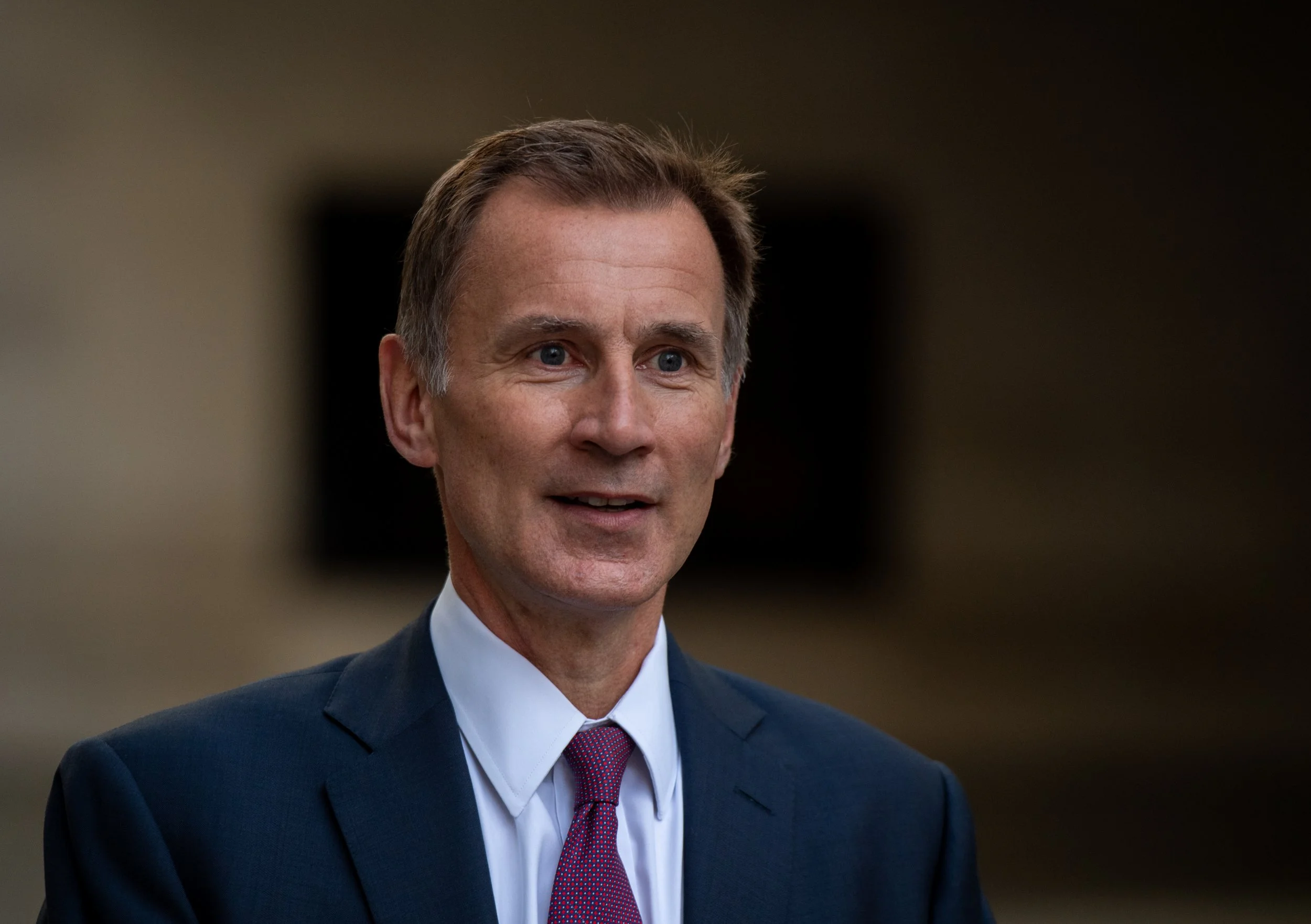The Chancellor is facing calls from the financial services industry to provide more support for savers ahead of next week’s Budget.
Leeds Building Society chief executive officer, Richard Fearon, has called for a wider review of tax-free savings products but also suggested that one move Jeremy Hunt could make would be to increase the annual Personal Savings Allowance (PSA).
Since April 2016, the PSA has permitted the first £1,000 of interest on savings in non-ISA accounts to be paid tax-free.
While savings rates remained at historic lows, this meant no tax was due on interest for anyone with £75,000 or less in non-ISA savings. However, as savings rates have been climbing following 10 successive base rate increases by the Bank of England, the size of balance where interest is protected from tax by the PSA has shrunk significantly, to about £25,000 at present.
“We understand how difficult the historic low rate environment has been for savers and as rates are on the rise we’re among the providers to have seen increased inflows as more savers open accounts or add to their existing deposits,” said Fearon.
“When the PSA was created it benefitted the majority of savers but as deposit rates rise more people will become liable to pay tax on their interest and we’d like the Chancellor to raise the allowance, from £1,000 to £3,000 per year.
“The shrinking benefit of the PSA is a reminder that it’s really important for everyone to make full use of their annual ISA allowance, which currently allows £20,000 per year to be invested tax-free.”
Fearon has already called for urgent reform of current tax-free savings schemes aimed at supporting first time buyers trying to build up a deposit, having described the Lifetime ISA (LISA) as “not fit for purpose”.
The Leeds CEO stated that purchase price limits affecting LISAs and Help to Buy ISAs have been outpaced by house price rises since both schemes were launched, meaning some savers will not be able to use their cash towards a deposit.
He has recommended the LISA and Help to Buy ISA purchase price cap be raised from £450,000 to £550,000 and kept under future review, and also suggested the 25% penalty for early LISA withdrawals for any other reason should be cut to 20%, as it was during the COVID-19 pandemic.
Fearon continued: “At its current rate the LISA withdrawal penalty wipes out the Government bonus but also means that savers have to pay out from their own money to be able to access their cash.
“We should not penalise savers for trying to keep to the original intent of these schemes, particularly with the current cost of living challenges that mean they may need to access their savings, with rent, fuel and utility bills continuing to climb.”
Latest News
-
Residential property transactions fall 24% month-on-month
-
Later life lending loans jump 5.1% in Q4 2025
-
Mortgage Awards 2026: Winners announced
-
FCA outlines proposals to close gaps in borrowers’ credit files
-
St. James’s Place closes 2025 with record FuM
-
Average LTV on UK mortgaged home drops to 59% – IMLA
Mortgage Advice Bureau and AI in the mortgage sector
Chief executive officer at Mortgage Advice Bureau, Peter Brodnicki, and founder and managing director at Heron Financial, Matt Coulson, joined content editor Dan McGrath to discuss how Mortgage Advice Bureau is using artificial intelligence to make advancements in the mortgage industry, the limitations of this technology and what 2026 will hold for the market
Perenna and the long-term fixed mortgage market

Content editor, Dan McGrath, spoke to head of product, proposition and distribution at Perenna, John Davison, to explore the long-term fixed mortgage market, the role that Perenna plays in this sector and the impact of the recent Autumn Budget
NEW BUILD IN FOCUS - NEW EPISODE OF THE MORTGAGE INSIDER PODCAST, OUT NOW

Figures from the National House-Building Council saw Q1 2025 register a 36% increase in new homes built across the UK compared with the same period last year, representing a striking development for the first-time buyer market. But with the higher cost of building, ongoing planning challenges and new and changing regulations, how sustainable is this growth? And what does it mean for brokers?
Does the North-South divide still exist in the UK housing market?

What do the most expensive parts of the country reveal about shifting demand? And why is the Manchester housing market now outperforming many southern counterparts?
In this episode of the Barclays Mortgage Insider Podcast, host Phil Spencer is joined by Lucian Cook, Head of Research at Savills, and Ross Jones, founder of Home Financial and Evolve Commercial Finance, to explore how regional trends are redefining the UK housing, mortgage and buy-to-let markets.
In this episode of the Barclays Mortgage Insider Podcast, host Phil Spencer is joined by Lucian Cook, Head of Research at Savills, and Ross Jones, founder of Home Financial and Evolve Commercial Finance, to explore how regional trends are redefining the UK housing, mortgage and buy-to-let markets.
© 2019 Perspective Publishing Privacy & Cookies











Recent Stories